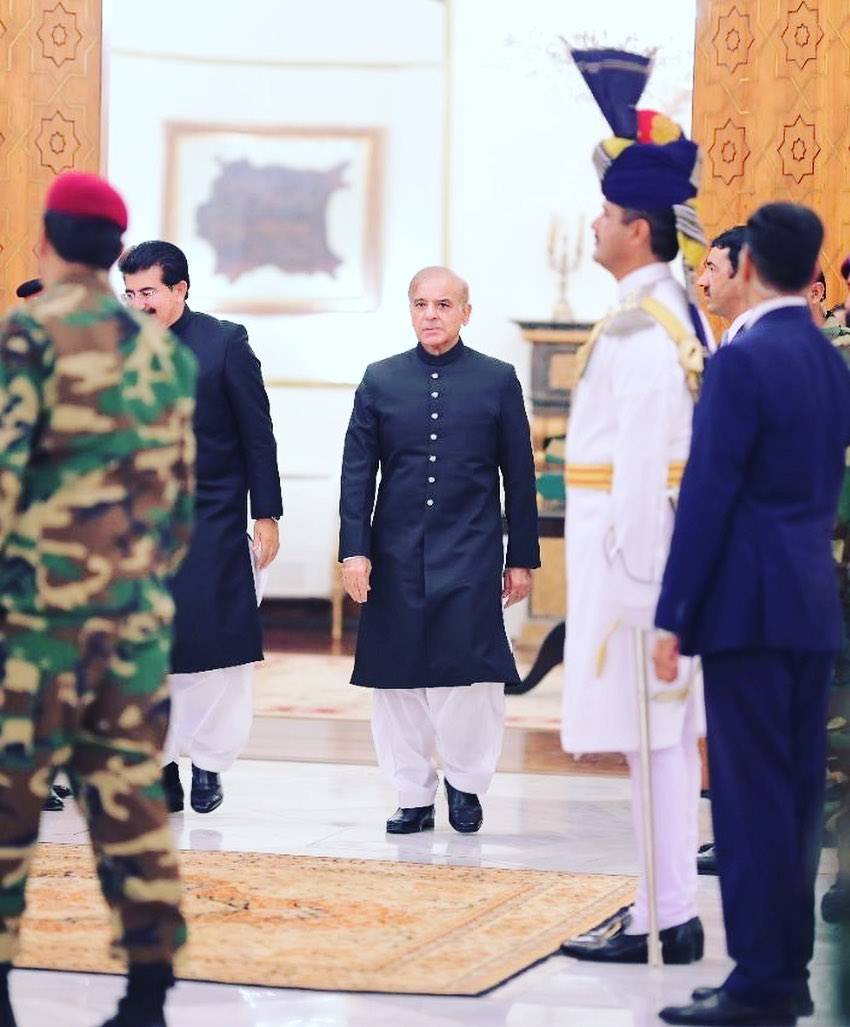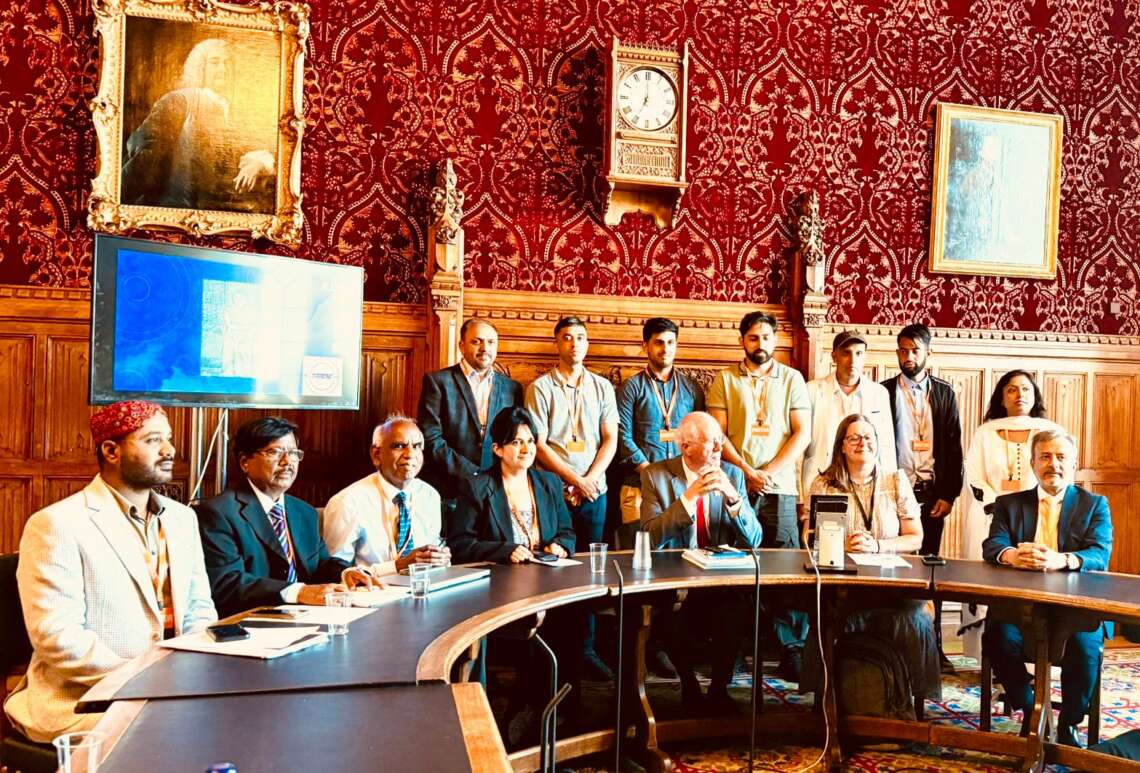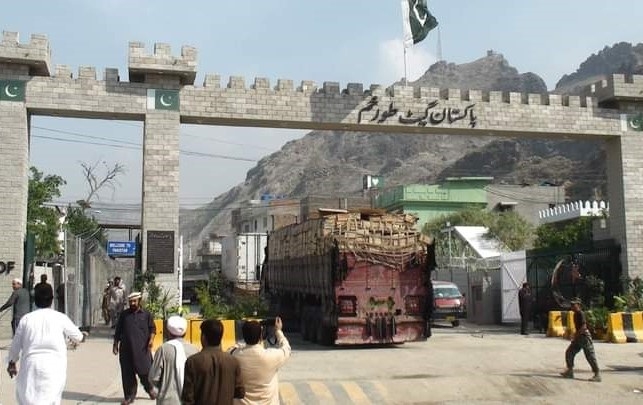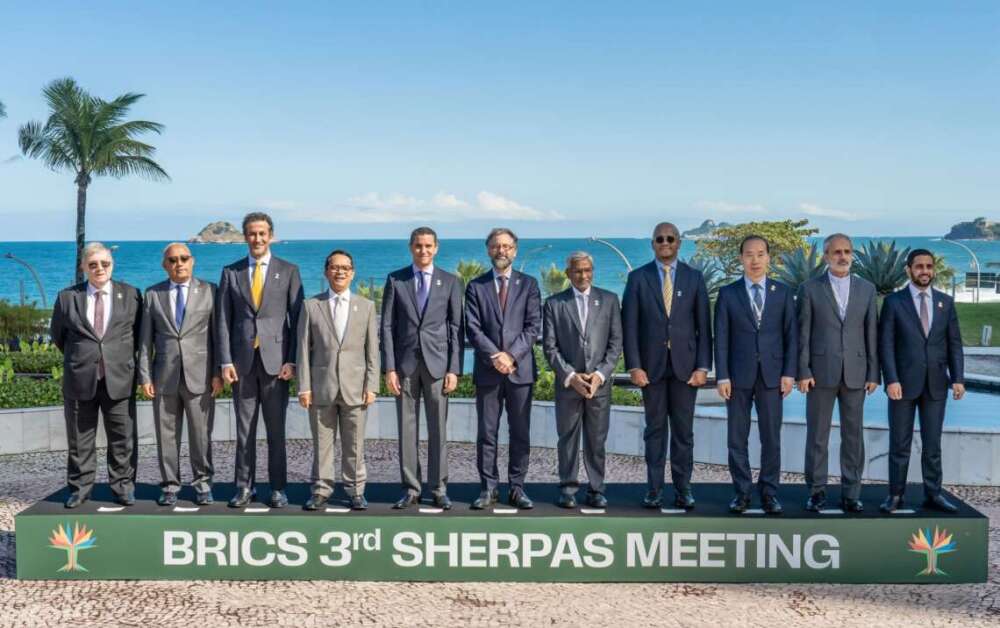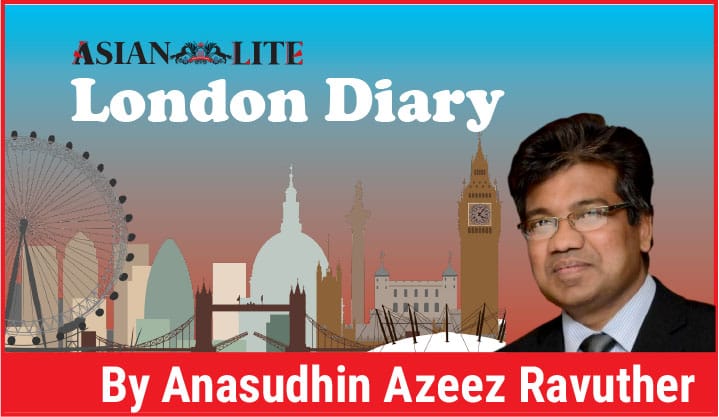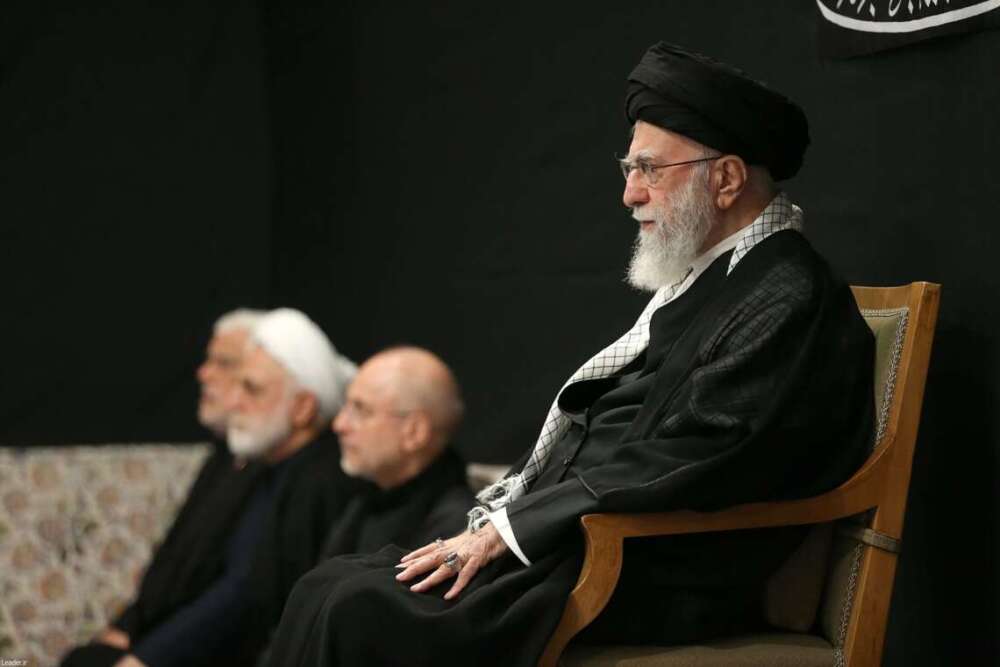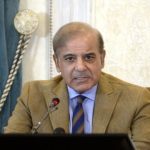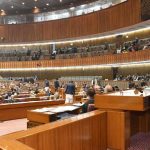Given that over half of Pakistan’s already inadequate tax collection is eaten up by debt servicing, successive governments have been handed a similar, albeit identically shunned, handbook of financial remedies…reports Asian Lite News
Governments may come and go, but Pakistan’s economic woes – and its love and hate relationship with the International Monetary Fund (IMF) – remain constant.
Kunwar Khuldune Shahid, a Pakistan-based correspondent writing in The Diplomat said that the country is going through a deep economic crisis, yet, it continues to stick to its outdated fiscal playbook by replaying the oft-regurgitated and vicious cycle of IMF bailouts, foreign loans, and partial debt repayment.
On August 29, the International Monetary Fund (IMF) released the last remaining USD 1.1 billion in funds for Pakistan, following a combined seventh and eighth review of the extended fund facility provided to the country.
The USD 6 billion bailouts agreed upon in 2019 conditioned the IMF loan to a market-determined exchange rate and rebuilding of official reserves in order to reduce public debt, ensure fiscal growth, and increase the country’s per capita income, reported The Diplomat.
The IMF funds are accompanied by a commitment to economic reform. However, almost a month since the IMF plan was announced Pakistan is yet to receive any of these payments.
Meanwhile, the pressure on the country’s depleting reserves remains, in turn pushing the Pakistani rupee back to the all-time low that it had recovered from over the past month.
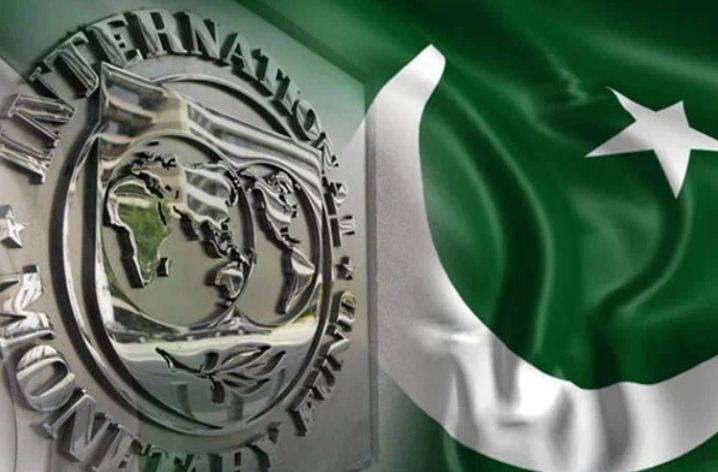
Owing to the precarious economic position Pakistan is in today, Shamshad Ahmed, Pakistan’s former foreign secretary and representative to the United Nations questioned the loan tranche.
“I wish the rulers knew the basics of the economy: the loan is not capital, but a liability. And the loan that IMF gives countries like ours is designed to trap us in endless debt at the behest of the U.S.,” he added.
Many of Pakistan’s fiscal demons prowl beyond the realm of economics: from the all-powerful military, whose financial appropriations devour the budget while its masochistic security policies pulverize the investment climate, to a corrupt political elite insufficiently invested in the country’s financial wellbeing.
It is within this shrinking space that those at the helm of the economy are tasked with waving the wand that will somehow jump-start export-led financial growth, said Shahid.
Given that over half of Pakistan’s already inadequate tax collection is eaten up by debt servicing, successive governments have been handed a similar, albeit identically shunned, handbook of financial remedies.
In addition to Pakistan’s problematic relationship with jihadist groups, a complete dearth of political stability has further pushed investors away from the country, reported The Diplomat.
The IMF programs best epitomize this, with the Pakistani political leadership yo-yoing between unequivocal support for the plans and hostile condemnations of them, depending on whether they are in the government or the opposition, said Shahid.
Moreover, amid simmering political populism, the Pakistan Muslim League-Nawaz (PML-N)-led central government has decided to replace the outgoing finance minister, Miftah Ismail, with the veteran Ishaq Dar, who led the finance ministry from 1998-99 and then in 2013-17.
This would mean an inevitable reversal of the fiscal restructuring conditions set by the IMF for these months, including overturning taxation policies and quashing a market-determined exchange rate – throwing all available financial resources at the next elections.
That, in turn, is likely to mean the next government will seek to initiate a 24th IMF program in 2024 – regardless of who wins the election next year, said Shahid. (ANI)


